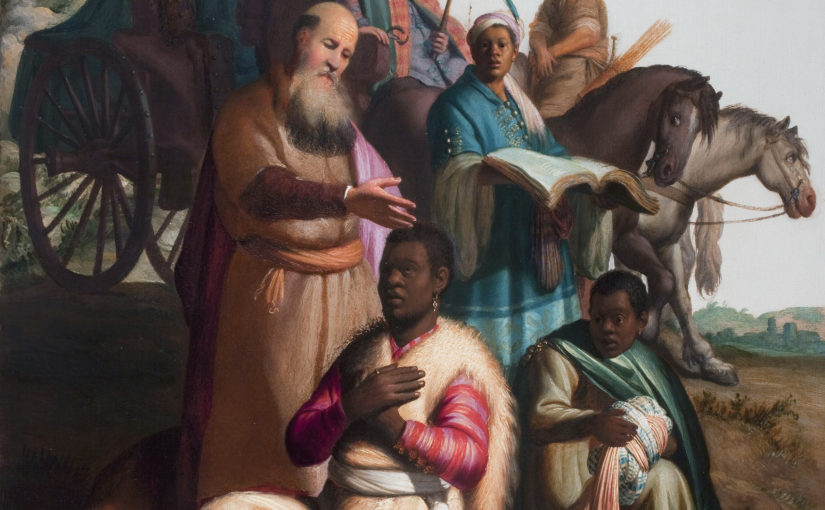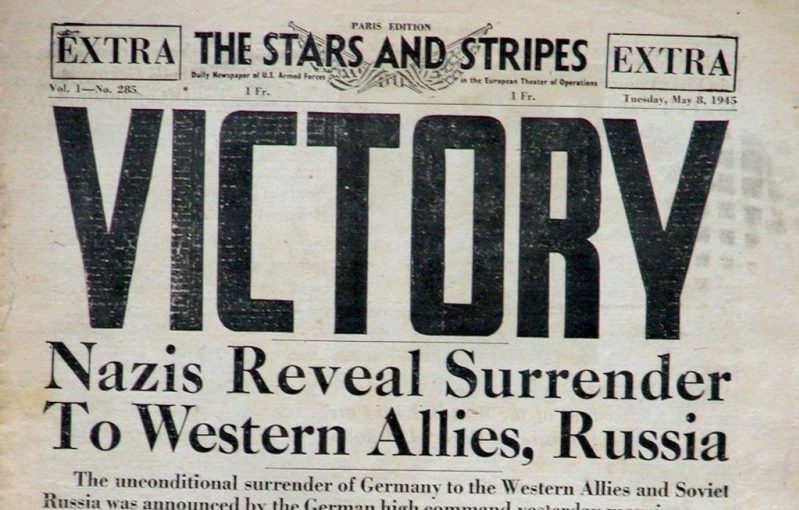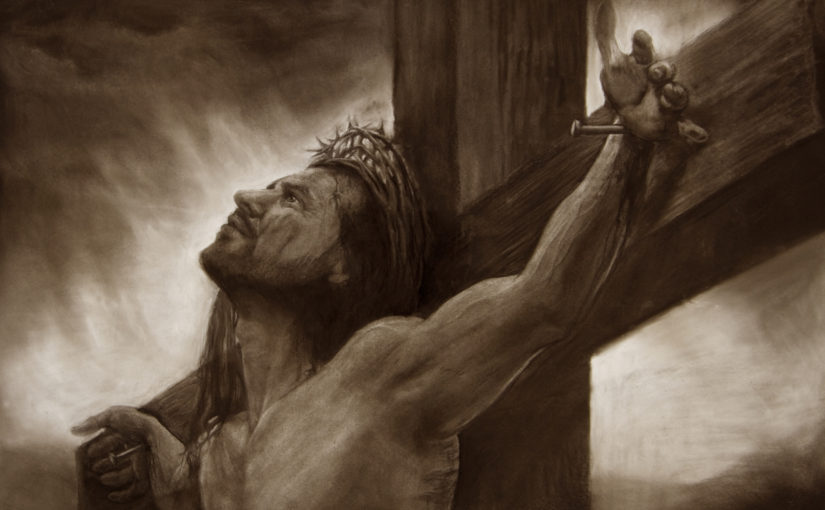A few days ago, our Bible Journal community began reading the book of Titus together. This is a short book, so we are actually finishing it up today! Paul begins the last part of his letter with the words, “Remind them” (Titus 3:1). In the NIV version, it reads, “Remind the people.” He then lists several things that he wants Titus to be sure to tell the people in the churches he is overseeing: “…to be submissive to rulers and authorities, to be obedient, to be ready for every good work, to speak evil of no one, to avoid quarreling, to be gentle, and to show perfect courtesy toward all people (Titus 3:1).
All of these admonishments are as relevant today as they were when Paul first penned these words. Each relates to living in community with others – and living in community is hard work! Paul understood that it was necessary to encourage people to pursue behaviors that lead to a healthy community and society.
There is one section of this verse that Paul returns to twice more before he ends this letter. In verse 1, Paul writes, “…be ready for every good work…” (Titus 3:1). Later, in verse 8, he writes, “…so that those who have trusted in God may be careful to devote themselves to good work.” (Titus 3:8). Finally, in verse 14, Paul states, “Let our people learn to devote themselves to good works.” (Titus 3:14) Clearly, doing what is good is important to Paul.
In our lives today, what does this look like, to “devote ourselves to good work”? It can be any number of things. Good work can be working at the job God has called us to to the best of our ability and with integrity. It can be something practical, like blessing a friend with a meal. It can be anything, really, that reveals Christ to someone else.
And what is the benefit to our doing good work? Is it for our own salvation? No. Paul states this clearly: “But when the goodness and loving kindness of God our Savior appeared, he saved us, not because of works done by us in righteousness, but according to his own mercy, by the washing of regeneration and renewal of the Holy Spirit, whom he poured out on us rightly through Jesus Christ our Savior, so that being justified by his grace we might become heirs according to the hope of eternal life.” (Titus 3:4-7, emphasis mine). That verse is a long one, but the part I want us to focus on today is this: devoting ourselves to good works does not save us. Only Christ in his mercy does this. However, doing good works might draw others to us, giving us the opportunity to share the “the reason for the hope that is in you” (1 Peter 3:15). Today, let’s consider how we can do something for the benefit of someone else, and let’s always be ready to share the reason for our hope: Jesus.









